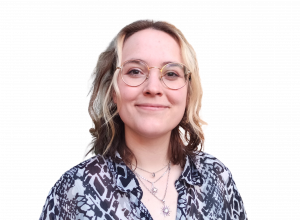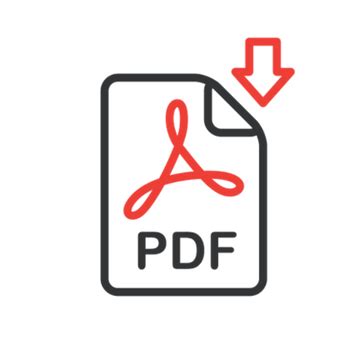Bonn, June 21, 2018 - Energy suppliers that work with the Green Electricity Label show a whole range of activities in the growth market of electromobility - from infrastructure projects, to sharing offers for e-vehicles, to special end-customer tariffs. In a new information brochure, Grüner Strom Label e.V. publishes current practical examples. The focus is on the combination of e-mobility with certified green electricity.
"Electromobility is particularly environmentally friendly when real green electricity is used. Electric vehicles that run on coal-fired power or are simply painted green with virtual green power certificates are only half-hearted contributions to the energy and transport turnaround," explains Dietmar Oeliger, chairman of Grüner Strom Label e.V. and head of transport policy at NABU.
In addition to NABU, BUND and EUROSOLAR are also calling for electric vehicles to be powered by electricity from renewable sources. The environmental associations thus share the opinion of 70 percent of all citizens, as a survey by Grüner Strom Label e.V. showed back in 2013.
The new brochure 'E-Mobility with Green Electricity' presents concrete practical examples and business areas of e-mobility with certified green electricity: For example, NATURSTROM AG supplies 450 public charging stations with electricity from renewable sources, the parcel service provider Hermes wants to put 1,500 new electric vans on the road with green electricity, and Ionity, a joint venture of several car manufacturers, will operate its planned fast-charging pillar network on German freeways with green electricity from Polarstern. All projects have one thing in common: the green electricity used is certified with the Green Electricity Label.
With the Green Electricity seal of approval, the environmental associations, NABU, BUND, EUROSOLAR and Deutscher Naturschutzring, as well as three other supporting associations, have defined the highest environmental standards for green electricity. What's more, for every kilowatt hour consumed, a fixed subsidy amount is invested in new energy transition projects, including more and more e-mobility projects. In total, more than 1,300 projects have already been supported with more than 55 million euros.
Your contact

Christian Knops
Green Gas Certification Manager







